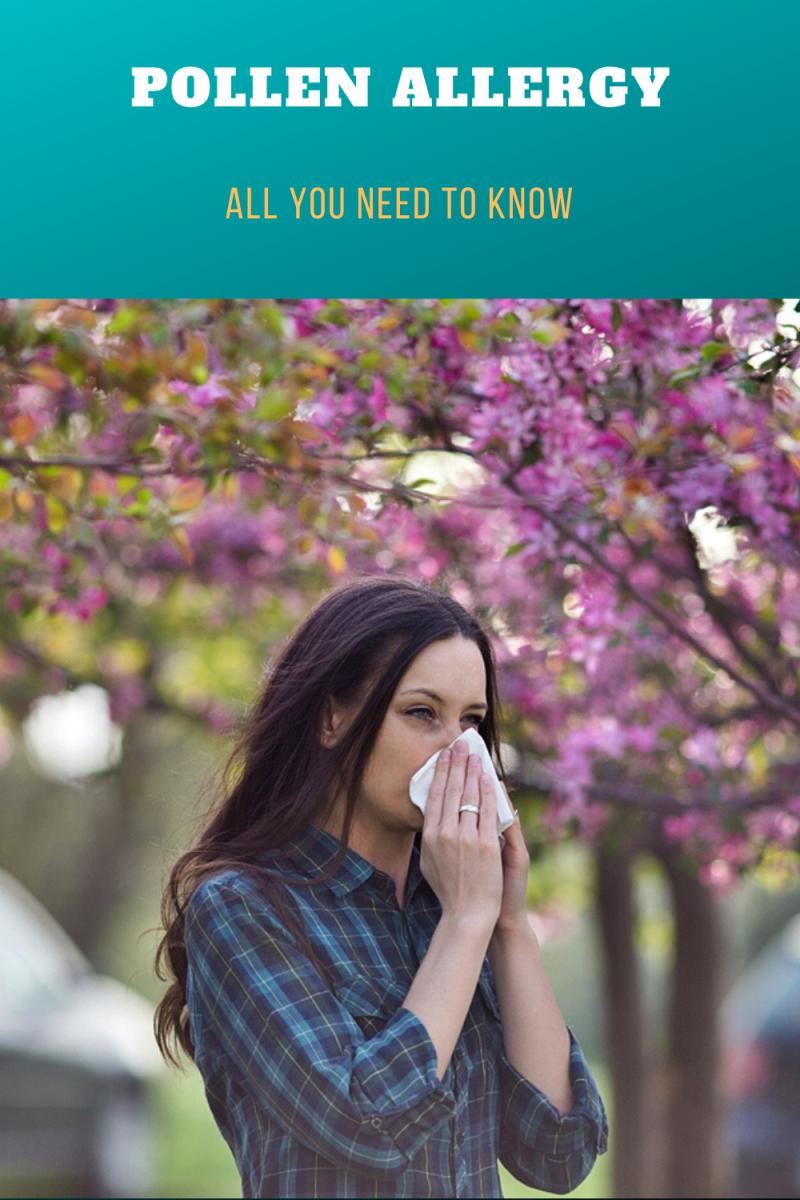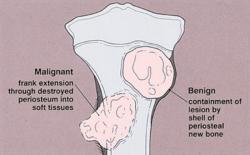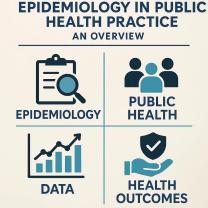What are the signs of pollen allergy?
Pollen allergies, also known as hay fever or allergic rhinitis, occur when the immune system overreacts to pollen from trees, grasses, weeds, and certain plants. These allergies are more common during specific seasons when certain plants release their pollen into the air. Common signs and symptoms of pollen allergy include:
Sneezing:
- Frequent and repetitive sneezing is a common symptom of pollen allergy.
Runny or Stuffy Nose:
- Nasal congestion or a runny nose is a typical allergic reaction to pollen.
Itchy or Watery Eyes:
- Irritation, itching, and excessive tearing of the eyes are common symptoms of pollen allergies.
Itchy Throat or Ears:
- Some people with pollen allergies may experience itching in the throat or ears.
Coughing:
- A persistent dry cough can be a symptom of allergic rhinitis triggered by pollen.
Fatigue:
- Allergic reactions can lead to fatigue and a general feeling of being unwell.
Headache:
- Some individuals may experience headaches as a result of pollen exposure.
Ear Congestion:
- The Eustachian tubes connecting the middle ear to the back of the throat may become congested, leading to a feeling of fullness or pressure in the ears.
Loss of Smell:
- In some cases, individuals with pollen allergies may experience a temporary loss of smell.
Difficulty Sleeping:
- Due to symptoms like nasal congestion and sneezing, individuals with pollen allergies may have difficulty sleeping, leading to fatigue during the day.
Dark Circles under the Eyes:
- Known as allergic shiners, dark circles under the eyes can be a sign of chronic nasal congestion related to allergies.
Allergic Salute:
- Constantly rubbing or pushing the nose upward with the palm of the hand, known as the "allergic salute," is a behavior often seen in individuals with nasal congestion due to allergies.
It's important to note that the severity and combination of symptoms can vary among individuals. If you suspect you have a pollen allergy, it is advisable to consult with a healthcare professional for proper diagnosis and management. Allergy testing, such as skin prick tests or blood tests, can help identify specific allergens, including pollen, and guide appropriate treatment strategies. Additionally, your healthcare provider may recommend over-the-counter or prescription antihistamines, decongestants, or other medications to alleviate symptoms.
Pollen allergies, also known as seasonal allergies or hay fever, are caused by an immune system overreaction to pollen, a fine powder released by plants. The symptoms of pollen allergies can vary from person to person, but some common signs and indicators include:
Runny or stuffy nose: This is one of the most common symptoms of pollen allergies. The nose produces excess mucus to try to trap the pollen particles, leading to a runny or stuffy nose.
Sneezing: Sneezing is another common symptom of pollen allergies. It is the body's way of trying to expel the pollen particles.
Itchy nose, eyes, and throat: Pollen can irritate the mucous membranes of the nose, eyes, and throat, causing itching.
Watery, red eyes: Pollen can also cause the eyes to become watery and red. This is due to inflammation of the conjunctiva, the lining of the eyelids and eyeball.
Postnasal drip: Postnasal drip is the sensation of mucus dripping down the back of the throat. It can cause coughing and throat clearing.
Fatigue: Pollen allergies can also cause fatigue. This is because the body is using a lot of energy to fight off the allergens.
Headaches: Pollen allergies can also cause headaches. This is due to inflammation of the sinuses.
If you are experiencing any of these symptoms, especially if they are seasonal and worsen when you are outdoors, you may have a pollen allergy. It is important to see a doctor to get a diagnosis and discuss treatment options.
Here are some additional tips for recognizing the signs of a pollen allergy:
Keep a symptom diary: Track your symptoms and see if they correlate with pollen counts in your area.
Pay attention to triggers: Notice if your symptoms worsen when you are outdoors, especially near plants or flowers.
Consider family history: If you have a family history of allergies, you are more likely to develop a pollen allergy.
If you think you may have a pollen allergy, don't hesitate to see a doctor. Early diagnosis and treatment can help you manage your symptoms and live a comfortable life.












